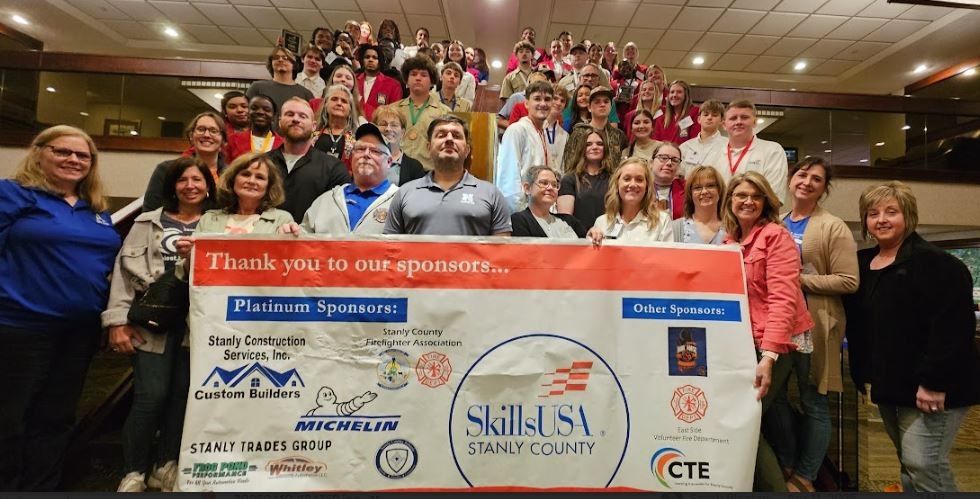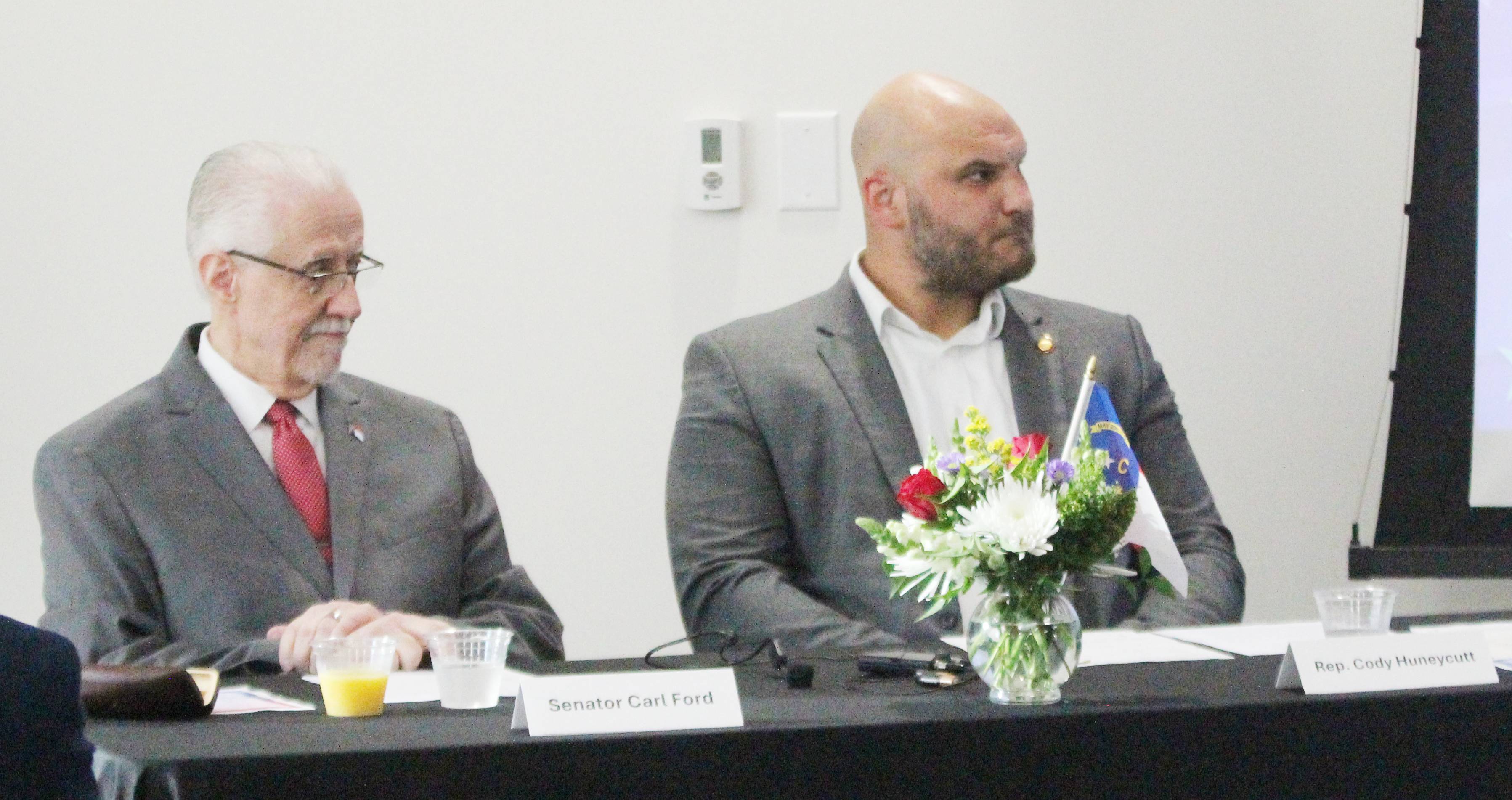JOHN HOOD COLUMN: There is no free ride
Published 11:38 am Thursday, October 7, 2021
|
Getting your Trinity Audio player ready...
|
RALEIGH — The latest news about North Carolina transportation was no surprise. In a pattern all too familiar, our leaders have planned for and promised more highway projects than can be financed with current revenue sources.

John Hood
The latest estimate of the gap was, however, staggering. For projects already committed — that is, scheduled to be initiated early in the state’s 2024-2033 plan — the gap between projected revenues and expected highway expenses is about $7 billion, according to the latest update from the North Carolina Department of Transportation. And if the list is expanded to include all of the originally anticipated highway projects, the funding gap rises to $13 billion.
I’ve written many times about the defects of our current system for funding highways, which relies too much on per-gallon taxes in a world of improving gas mileage and a growing fleet of electric vehicles. As a recent John Locke Foundation report explains, North Carolina needs to figure out the most economical way of moving towards charging motorists by actual usage, not gas consumed. That means adopting some combination of tolling new highway capacity and replacing the gas tax with a mileage-based user fee.
You don’t like those options? Believe me, I understand. But the alternatives for financing our roads are worse: higher gas taxes, bigger federal deficits and cross-subsidies from general taxes that sever the link between usage and revenue. I’d rather charge people based on how often they drive the road network rather than distort the market through higher income, sales or motor-fuels taxes.
But while state leaders understandably reacted to the latest DOT report by debating those revenue options, there is no practical way forward that will close a $13 billion funding gap. To be blunt, some of highway projects on the drawing board are not going to be completed by 2033.
There is no political will to raise any tax or fee by the amount required to fund all the projects. And because of DOT’s past mistakes and miscommunications, neither lawmakers nor average voters have sufficient confidence in it to implement the plan as envisioned.
Even in our increasingly connected world, highways remain the primary arteries of commuting and commerce. At earlier stages in the expansion of automobility in the United States, spanning much of the 20th century, the cost of building and maintaining the road network was recouped many times over in economic and social benefits.
Plenty of new projects are still likely to be cost-effective, too, but there is no question that investing in highways, like investing in anything else, is subject to diminishing returns. There will be alternative uses of those dollars — such as improving the electrical grid and expanding access to broadband — that may well buy more benefit for the buck.
Again, I’m not one who denies the need for a new revenue mix. If the state takes no action, North Carolina’s transportation revenues will decline over time on an inflation-adjusted, per-mile basis. That’s not some politician’s exaggeration. That’s just basic math. Some productivity gains may be possible to make up the difference, but not nearly enough. And we should stop diverting revenues to mass transit and intercity rail projects that move far too few people at far too high a cost. Even if we zeroed those line items out and poured all the money into roads, however, it won’t come close to meeting the need.
Yes, if North Carolinians want more and better roadways to accommodate the needs of our growing population and economy, we’ll have to be prepared to pay a sufficient price for it. Still, I doubt very seriously that most of us will be willing to pay high-enough taxes or fees to close a $13 billion funding gap.
So policymakers need to tackle it at both ends. They should adopt the mix of user fees and tolls that the Locke report suggests. They should also assemble a long list of projects that DOT will agree to defer past 2033. Realism is required here.
John Hood is a John Locke Foundation board member and author.






